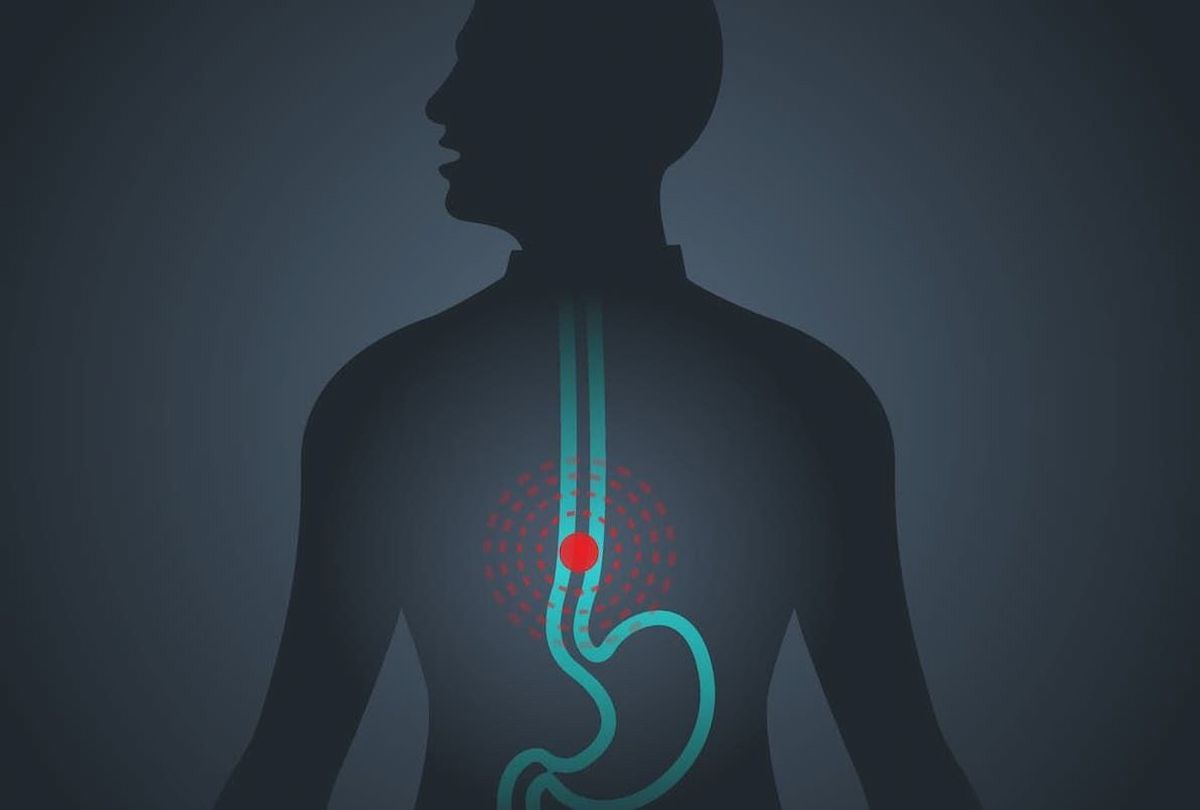Tislelizumab/Chemo Yields Survival Benefit in Advanced Esophageal Cancer
Investigators report that patients with advanced or metastatic esophageal squamous cell carcinoma may have superior overall survival benefit following treatment with tislelizumab/chemotherapy vs placebo/chemotherapy.
First-line treatment with tislelizumab and chemotherapy resulted in improved survival outcomes and manageable toxicities vs placebo and chemotherapy in patients with advanced or metastatic esophageal squamous cell carcinoma (ESCC), according to findings from an interim analysis of the phase 3 RATIONALE-306 trial (NCT0378344).
The median follow-up was 16.3 months (interquartile range [IQR], 8.6-21.8) for those treated with tislelizumab vs 9.8 months (IQR, 5.8-19.0) in the placebo group. A total of 196 patients in the tislelizumab group and 226 in the placebo group had died by the data cut-off. The median overall survival (OS) was 17.2 months (95% CI, 15.8-20.1) in the experimental cohort vs 10.6 months (95% CI, 9.3-12.1) in the placebo arm (Hazard ratio [HR], 0.66; 95% CI, 0.54-0.80; one-sided P <.0001).
The global, randomize, double-blind, placebo-controlled trial took place at 162 medical centers across Asia, Europe, Oceania, and North America. Patients were 18 years or older with unresectable, locally advanced, recurrent/metastatic esophageal squamous cell carcinoma.

"Tislelizumab may be a new option for the treatment of ESCC in the frontline setting, pending regulatory review," Harry H. Yoon, MD, MHS, said in a comment to CancerNetwork®. "Tislelizumab is the only [immune checkpoint inhibitor] tested with an oxaliplatin doublet, and the only [immune checkpoint inhibitor] tested in a global population with a taxane backbone, showing efficacy with both regimens."
Yoon is the Enterprise-wide Vice-Chair, Gastrointestinal Cancer Disease Group and professor of Oncology, Division of Medical Oncology at the Mayo Clinic Comprehensive Cancer Center.
The global, randomize, double-blind, placebo-controlled trial took place at 162 medical centers across Asia, Europe, Oceania, and North America. Patients were 18 years or older with unresectable, locally advanced, recurrent/metastatic esophageal squamous cell carcinoma. The population also needed to have an ECOG performance status of 0 or 1 with measurable disease by RECIST criteria.
Patients were randomly assigned 1:1 to receive 200 mg of tislelizumab or placebo intravenously every 3 weeks on day 1 plus a chemotherapy backbone consisting of 60 mg/m2 to 80 mg/m2 of intravenous cisplatin on day 1 or 130 mg/m2 of oxaliplatin intravenously on day 1 plus 750 mg/m2 to 800 mg/m2 of intravenous fluorouracil on days 1 to 5 or 1000 mg/m2 of oral capecitabine on days 1 to 14 or 175 mg/m2 of intravenous paclitaxel on day 1.
Patients were stratified based on chemotherapy regimen, region, and previous definitive therapy. The study’s primary end point was OS.
Investigators screened 869 patients from December 12, 2018, to November 24, 2020, of whom 649 were randomized to receive tislelizumab/chemotherapy (n = 326) or placebo/chemotherapy (n = 323). The median patient age was 64 years (IQR 59-69), and most patients were male (87%). Moreover, 75% of patients were Asian and 24% were White. Ninety-nine percent of patients in both respective groups received at least one dose of the study drug.
The most common grade 3/4 treatment-related/emergent adverse effects (AEs) in the experimental and control arms, respectively, were decreased neutrophil count (31% vs 33%), decreased white blood cell count (11% vs 16%), and anemia (15% vs 13%).
A total of 6 deaths were reported in the experimental arm due to gastrointestinal (GI)/upper GI hemorrhage (n = 2), myocarditis (n = 1), pulmonary tuberculosis (n =1), electrolyte imbalance (n = 1), and respiratory failure (n = 1). Additionally, 4 deaths occurred in the placebo arm due to pneumonia (n = 1), septic shock (n = 1), and unspecified death (n = 2). These deaths were determined to be treatment-related.
Yoon explained that future research efforts following RATIONALE-306 will be focused on overcoming mechanisms of primary and secondary resistance, including understanding how immmune checkpoint inhibitors affect the tumor microenvironment, improving killer T-cell cytotoxicity for longer periods of time, and countering the effects pro-tumor immune elements.
Although the RATIONALE-306 trial is global, Yoon said that the data can be applied to patients within the United States.
"Although RATIONALE-306 is the third global study of [immune checkpoint inhibitor] in the front-line setting in ESCC, tislelizumab is the first anti–PD-1 [agent] tested in combination with fluoropyrimidine and oxaliplatin in a randomized controlled trial, and the agent showed comparable efficacy when using this chemotherapy backbone. Fluoropyrimidine/oxaliplatin is a preferred chemobackbone for this disease in the United States. Also, tislelizumab is the only [immune checkpoint inhibitor] tested in a global ESCC population examining a taxane backbone, and its efficacy was comparable with both a taxane or fluoropyrimidine backbone."
Reference
Xu J, Kato K, Raymond E, et al. Tislelizumab plus chemotherapy versus placebo plus chemotherapy as first-line treatment for advanced or metastatic oesophageal squamous cell carcinoma (RATIONALE-306): a global, randomised, placebo-controlled, phase 3 study. Lancet Oncol. Published online April 17, 2023. doi:10.1016/S1470-2045(23)00108-0